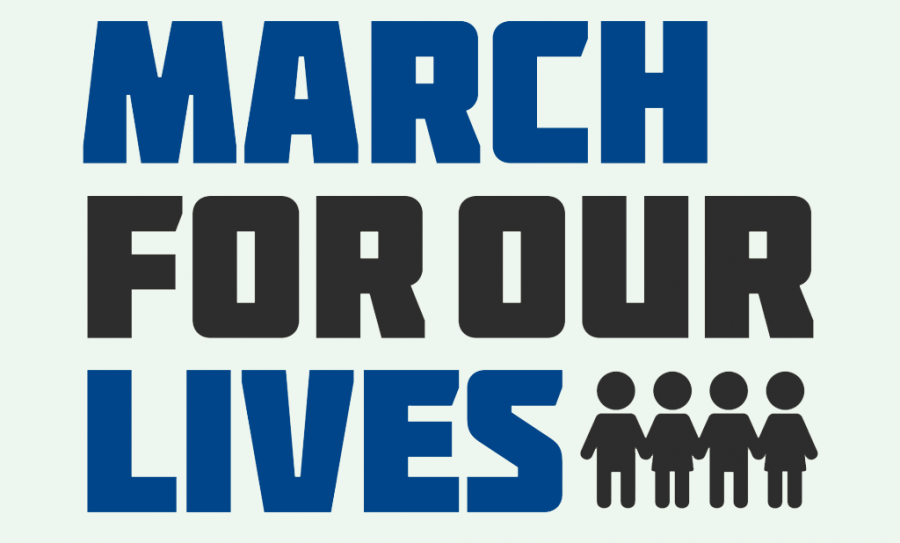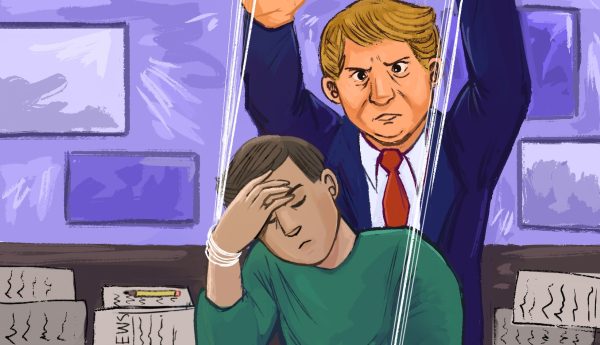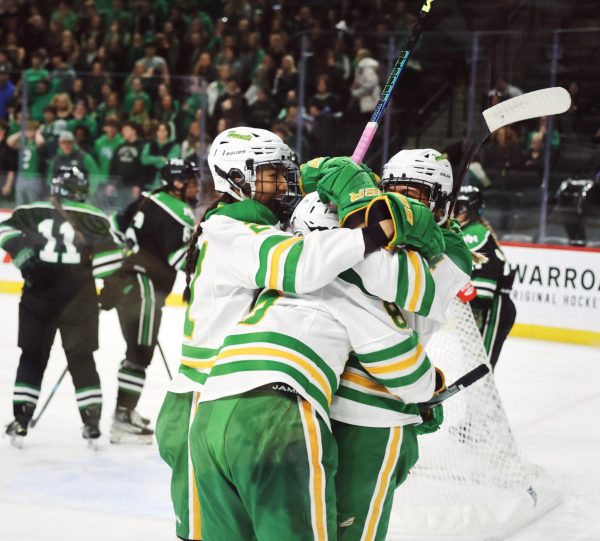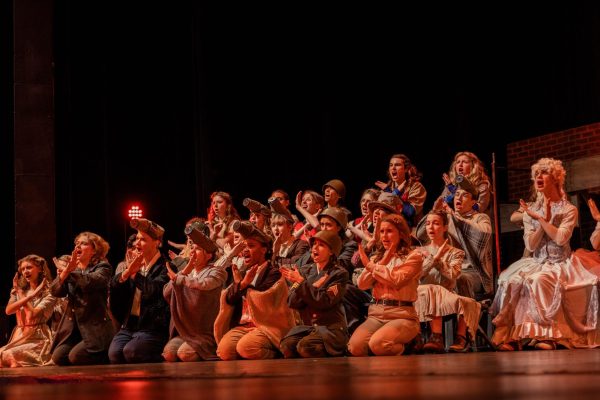Has “March for Our Lives” Been Successful?
For a long time, the push for gun control has followed a predictable pattern in the United States. Every few weeks or months, somebody carries a gun into a public area and opens fire, leaving innocent people dead and an irreparable hole in the community. There’s an expression of outrage, and everyone from politicians to celebrities to school teachers call for change. However, every time, these calls peter out after a few days with nothing having been accomplished.
Following a horrific shooting at Marjory Stoneman Douglas High School in Florida which left 17 people dead, the nationwide response has finally bucked the familiar trend. Even two months after the tragedy, the conversation surrounding it is still going strong. The difference this time is that teenagers have taken the lead, with students from Stoneman Douglas organizing the March For Our Lives rally on March 24.
And yet, many are still skeptical about whether anything will actually be accomplished as a result of March For Our Lives. After all, the last meaningful gun control passed at the federal level was the Brady Act in 1994, and that doesn’t look set to change anytime soon with Republican control of both chambers of Congress. Fortunately, although March For Our Lives may not be making change at the pace some people want, it is certainly making progress, as it is raising awareness, putting pressure on politicians, and making gun control a top priority for voters.
First, March For Our Lives has raised awareness about the lasting impacts of gun violence. Mass shootings make headlines and get people’s attention, but gun violence is much more widespread and pervasive an issue than just these isolated incidents. As the New Yorker explained, the Parkland students have called attention to many failings of the current system of gun control, such as the lack of background checks.
As public knowledge about the holes that exist in the status quo regarding gun control spreads, people are more aware of the solutions that are needed. Defining a problem is a critical first step to solving it, and this is exactly what the Parkland students have done.
Second, the people have pressured politicians. The main March For Our Lives occurred in Washington D.C., directly in front of the Capitol. This massive show of support served as a wake-up call to those in power that people are demanding change regarding gun control. In response, as CNN reported, although Congress didn’t promote some kind of massive gun control overhaul, the Trump administration proposed improving the background check system one goes through before buying a gun. The fact that these protests have forced an extremely conservative administration to propose gun control measures shows just how powerful they have been.
Furthermore, state governments have actually gone above and beyond the federal government and have been proposing and passing major gun control initiatives. This is largely because of the success of the sister March For Our Lives rallies which took place across the nation on the same day as the rally in Washington D.C. The Washington Post notes that Florida, a very gun friendly state, passed comprehensive gun control which tightens background checks, and marches in Maryland and Massachusetts have led to bills being proposed in those state legislatures.
Even major retailers of guns have started to change their policies. The New York Times reported that both Walmart and Dick’s Sporting Goods have created new policies stating that they will refuse to sell firearms to anyone under the age of 21, something for which the March For Our Lives demonstrators had called. Politicians can’t help but take notice of this moving forward.
Finally, gun control has now become a top priority for many Americans in the electorate as a result of March For Our Lives. A major roadblock for gun control being passed has been that gun-rights activists and voters simply care more about the issue than those pushing for gun control. The Pew Research Center found that not only are gun owners likely to consider guns to be essential to their freedom and a large part of their identity, they are also more likely to contact officials on gun policy. This means that gun control voters are not as big of a consideration for politicians as gun-rights voters, making gun control unlikely to pass through Congress.
However, this is changing due to March For Our Lives. According to the New York Times, the ultimate goal of March For Our Lives is to get gun control supporters politically engaged and willing to vote due to gun control when election season rolls around. If this goal is accomplished, gun control will suddenly become a major political concern and be ingrained in the national political conversation, eventually making comprehensive gun control politically realistic for the first time in a long time.
The March For Our Lives didn’t force Congress to take any immediate steps towards gun control, but that in no way means that progress hasn’t been made. With the foundation that has been laid, comprehensive gun control is now well on the way towards becoming a reality. As the Parkland survivor Rebecca Schneid said, “We understand this is a marathon and that we’ll be fighting for years. We’re just getting started.”

Theo is a senior and third-year Zephyrus member. As a copy editor, Theo is able to stoke the fires of his passion for journalism. When not writing articles,...










